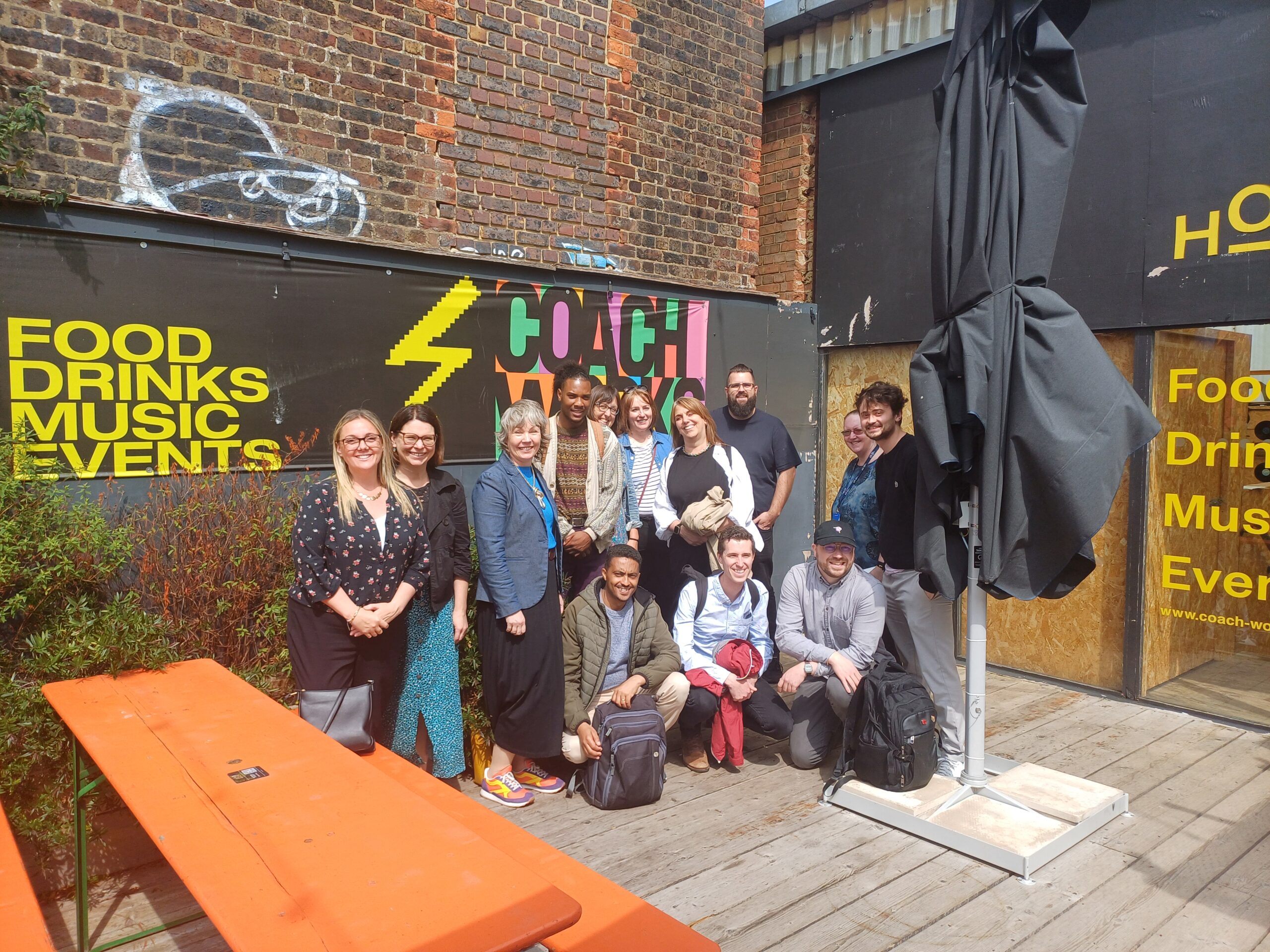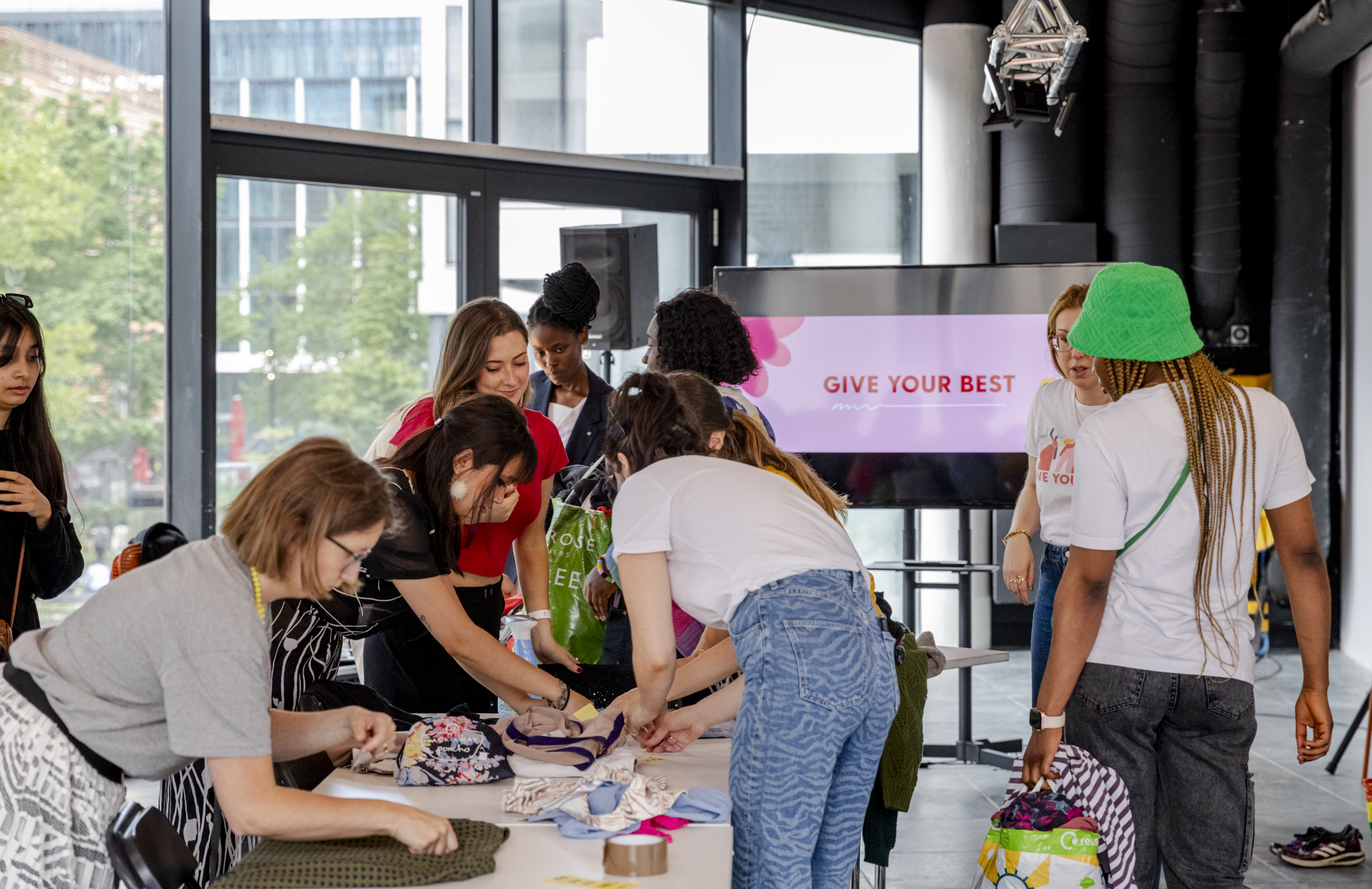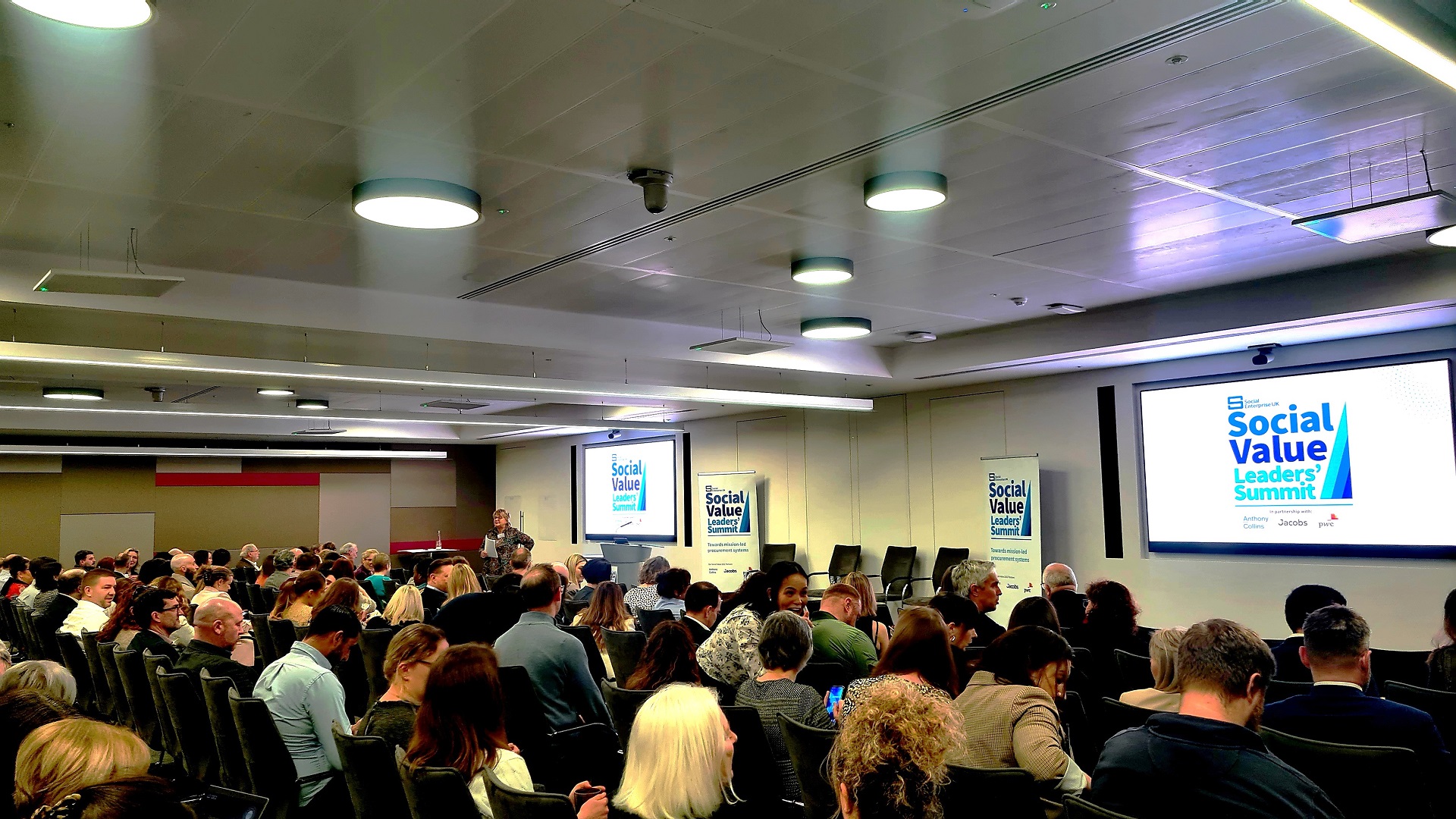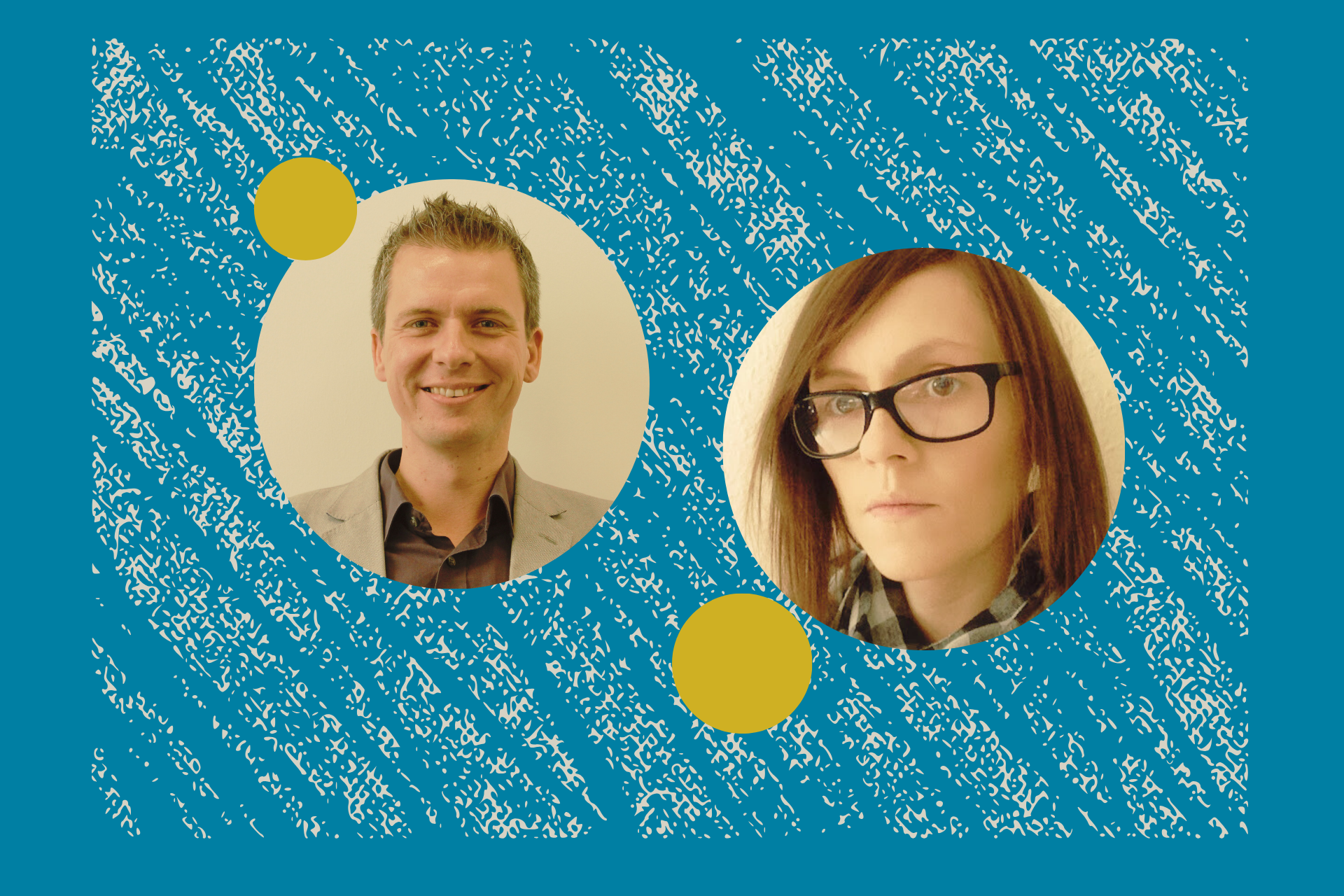
News and views
The NHS Plan looks like us, so why are we still invisible?
The 10 Year Plan feels like it's taken a lot of lessons from social enterprise models. We've even been mentioned! But the Plan still seems blind to the significant contribution social enterprises make in delivering services, writes Social Enterprise UK Associate Director, Dan Gregory. Today (3 July) saw the much-heralded launch of the Government’s 10 Year Health Plan for England. It tells us three important things about the thinking in Wes Streeting’s department. First, this is a 10-year plan. Yet this Government has been elected for a 5-year term. So, this is ambitious, it’s aspirational. And perhaps a little detached from reality. Second, they see the launch of a document as significant. From all the recent invitations Social Enterprise UK has received from the Department of Health and Social Care (DHSC), they are very keen that we read the output of what they’ve been doing for nearly a year. Even if they remain less keen to listen to what we have to say. Third, this is the Plan that will lead to delivery. To change. To the future of the NHS. What's in the Plan? But how? What is in the Plan? What does it say? The plan is long (166 pages) as we might expect. But is remarkably short on how. It helps to have ambitions and direction before you set off, of course. But this isn’t really a complete plan. More of a direction. Perhaps this is wise, and Streeting understands that dictating everything from the top down or centre out is not the answer. The department is directing whilst not directing – the Plan is “tight on what, loose on how”. It’s less of a plan and more a series of bets, trials, pilots and avenues to explore. Change will be slow. New Foundation Trusts (FTs) and Neighbourhood Health Centres will be gradually rolled out through programmes. Various other whizzes – a Choice Charter and Patient Power Payments - will be trialled and “rolled out progressively". On the money side, "in the next 3 years we will make a start on the journey to establishing a new financial foundation." New tariff models will be slowly phased in. New "year of care" payments will be trialled in pioneering areas. Later this year they will "publish a 10 Year Workforce Plan". Of course, this may be quite sensible. But it’s clear that much of the plan is still to be designed and delivered. The new operating model will be "devolved and diverse". This means more messiness in the medium term for sure. But what’s the direction then? Well, the ambition is great. And it’s very much aligned with the ethos and experience of our social enterprise members working in health and care. The ambitions are around prevention and community. Empowered staff, with agile and autonomous models embedded in the local community. Financial incentives to break even and reinvest. Some of this is even quite explicit: "more money towards areas with disproportionate economic and health challenges". Great. No more bailing out FTs in deficit. Good. Hospitals will be expected to “do more as anchor institutions to support wider societal and economic goals. Through their procurement, supply chains and role as an employer, they have significant influence over social and economic development in their communities.” Also good. FTs will have more freedoms to retain surpluses, reinvest them and borrow for capital investment”. Indeed, they will be more like social enterprises. Then of course, there is a lot on the NHS app, on AI and other innovations which I won’t attempt to summarise here, even if I understood them. But some of the detail is rather more troubling. The big new idea is the Neighbourhood Health Centres which will “co-locate NHS, local authority and voluntary sector services, to help create an offer that meets population need holistically” a good idea, for sure. But who is going to tell local charities and social enterprises they are going to have to relocate - is that what this means!? Meanwhile, the financing of new Neighbourhood Health Centres looks a lot like a new wave of private finance initiatives. Then the Plan also seems to effectively nationalise Healthwatch, which was a social enterprise experiment that will now be forgotten and airbrushed away. What about social enterprises? What does it say about social enterprise? There are (phew!) a few mentions. So, we have the recognition we wanted as a baseline – the flag in the sand. Indeed, there are also two case studies - Primary Care Sheffield and Live Well Manchester, which are built around social enterprise. But unhelpfully, the Plan refers to social enterprise at one point as "outside the NHS", which is infuriating. Perhaps, this is partly our fault for reinforcing this idea? I am often annoying our members by asking them to say, “We span out of the public sector” rather than “out of the NHS”. We are part of the NHS! This is indicative of the wider problem here. Large parts of the Plan don’t recognise at all that significant chunks of NHS services are not delivered by the public sector. Where it says - "every NHS provider should be an FT" - it clearly means every public sector provider, not every social enterprise, hospice or GP practice. This blind spot is maddening and doesn't seem to want to go away. Social enterprises deliver several billion of pounds’ worth of NHS services but still we are forgotten and fall between the cracks when it comes to the backlog bonus, access to digital and capital investment, CPD resources, international nurse recruitment, and the list goes on. At Social Enterprise UK, we keep fighting to be included and not forgotten and pull all the advocacy levers we can lean on. Sometimes we win! Some parts of DHSC and NHSE listen. But others don’t. We are currently working with some very engaged NHSE officials on equal access to digital investment, which will be even more critical as these pots of money grow. We are talking to NHSE about how their new structures within DHSC might replicate the old Social Enterprise Unit. But the next day we meet a senior strategist who doesn’t even know that in West Yorks, Plymouth, Bristol, Nottingham. Grimsby, Medway and beyond, we are the NHS outside of hospital. We provide urgent out of hours care to 2/3 of the population. Yet we are nearly invisible to some system leaders. Maybe they don’t like us. Maybe we are too awkward. Maybe we don’t fit and they know it, and hope we go away. Or maybe they know we aren’t where the problems are, and they are mainly focused on the problems. Maybe NHSE and DHSC are just a mess and half the staff are facing redundancy. Or maybe the NHS is simply a massive, complex system equivalent in size to the Hungarian or Moroccan economies. Influencing a system of that scale is a Sisyphean task. We keep on regardless! The Plan ends with a Wes Streeting afterword entitled "Be the Change", which many will know, is the well-established motto of the social entrepreneur. While the system largely ignores us, and even puts barriers in our path, it also seems to be moving our way, and trying to build an NHS more like us. While we aren't winning (though also maybe not losing) the battle of ideas and policy, across the country we are winning in practice, through the daily work of our members and their staff, leading the way. Health and care social enterprises will carry on delivering the future, whatever the plan. To see a few examples of how social enterprises are already transforming the delivery of health and social care across the country, read our series of case studies produced in partnership with King's Fund and Baxendale.
6 min







